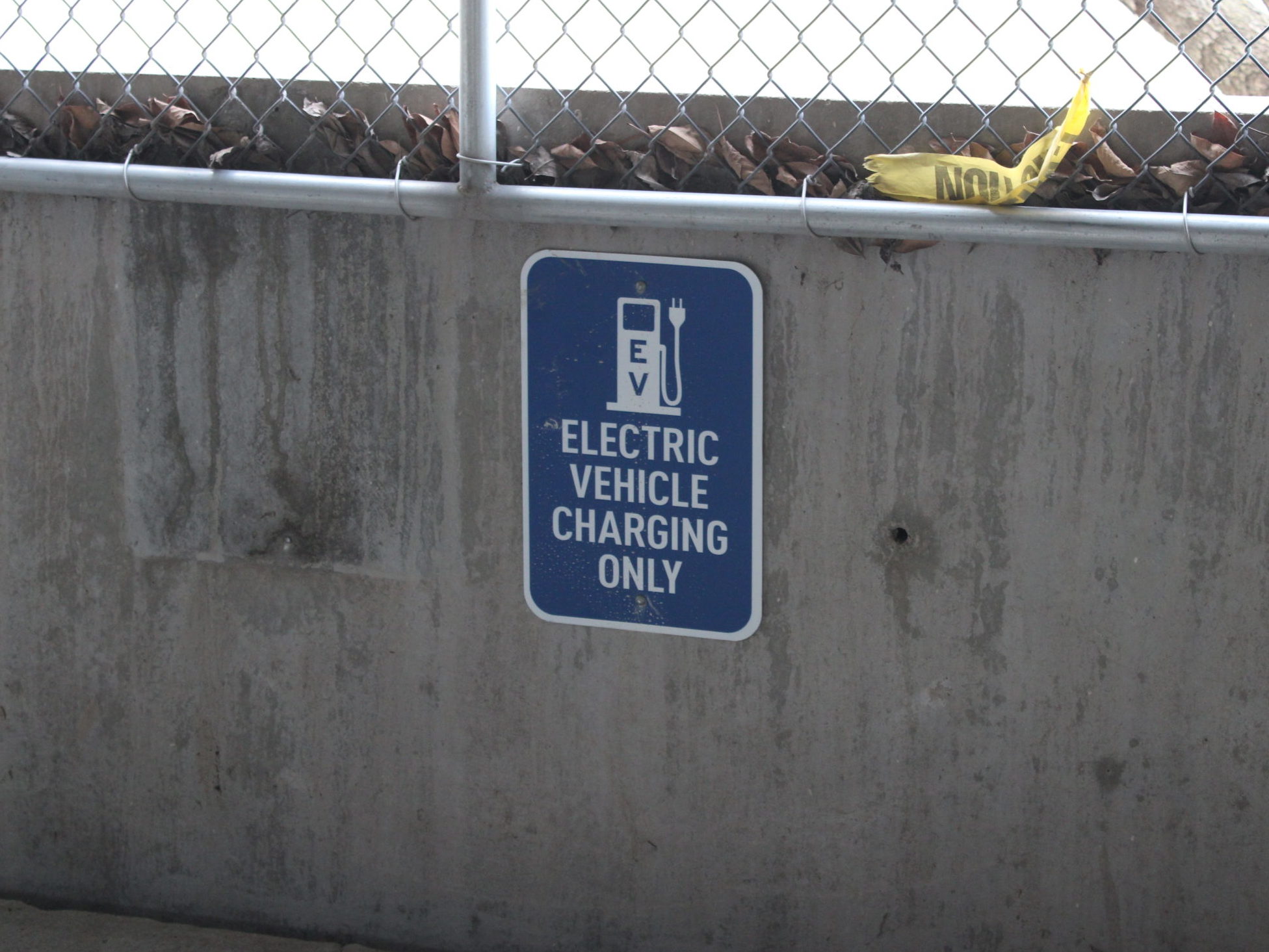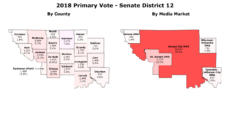The St. Louis region is plugging into the increased popularity of electric vehicles (EVs) through local development ordinances set to go into effect next year.
St. Louis County’s new regulation, signed by County Executive Sam Page last week, requires all commercial, entertainment, and institutional locations undergoing construction or extensive renovations within the county to reserve 2 percent of their parking spaces to be reserved for EV charging beginning in January. The county will also require 10 percent of a project’s total parking spaces to be ready to supply power if the demand for EVs increases.
Those defying the ordinances could face a $500 fine for every day they fail to comply.
“We are at a crossroads in our country and our community, where auto manufacturers and consumers alike are recognizing the immediate need to reduce carbon emissions and provide a cleaner environment for which to live and work,” St. Louis County Councilwoman Kelli Dunaway, the bill’s sponsor, said. “Soon zero-emissions transportation options will become the norm and St. Louis needs to make decisions today to prepare for tomorrow.”
The city passed a similar ordinance in January: A legislative package from Alderwoman Heather Navarro requires multi-family residential and non-residential construction and building rehabs to include EV-ready spots for 5 percent of spots for parking lots housing more than 50 spaces. Fewer EV spots will be required for lots under that threshold.
The city’s change will also go into effect at the beginning of 2022.
“With the creation of these ordinances, the St. Louis region has become a leader in the Midwest for tackling climate change directly and embracing the shift toward cleaner transportation, better air quality, and healthier lifestyles,” Navarro said.
The global EV market is rapidly growing with a 40 percent surge in 2019 alone, according to Electrify Missouri, an EV advocacy group that backed the ordinances. Half of all vehicle owners lack access to off-street parking space that could accommodate overnight charging if they switched to an EV, the group said.
The ordinances are part of a larger swath of EV changes in the area. The city launched an electric transit service for seniors last month while Ameren and other utilities are working on a multi-state charging network that is set to pass through the region.
On the other side of the state, Kansas City is paving the way for EVs along its streets: The city is partnering with local utilities and the federal government to install vehicle chargers in light poles along its streets, providing more opportunities for residents without chargers at home to take part in the emerging market. The city is evaluating locations for 50 chargers in the project’s pilot phase.
Investor-owned utilities and electric cooperatives across Missouri are also investing in EV infrastructure in cities and rural areas of the state. Missouri’s first electric school bus is active in Lewis County thanks to local partnerships while new charging stations are appearing in all parts of the state through various funding sources.
Missouri communities will have ample opportunities to invest in EVs over the next few years. The state is expected to receive $99 million over the next five years to expand its EV charging network as part of the federal Infrastructure Investment and Jobs Act in addition to a potential additional $2.5 billion in grant funding.

Cameron Gerber studied journalism at Lincoln University. Prior to Lincoln, he earned an associate’s degree from State Fair Community College. Cameron is a native of Eldon, Missouri.
Contact Cameron at cameron@themissouritimes.com.































